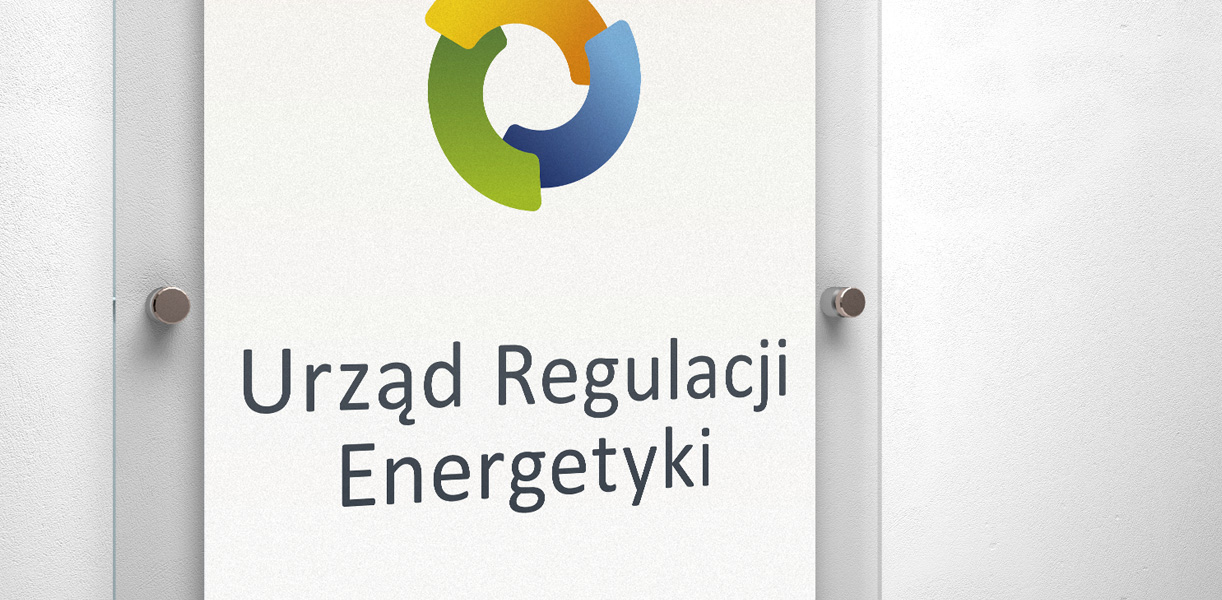The Energy Regulatory Office estimates that the development of prosumers and new entities, such as civic energy communities, will be a growing challenge for the sector in technical, investment and organizational terms.
According to the Energy Regulatory Office, it is necessary to create system solutions that ensure that connecting new sources to the network and introducing energy will not be limited by technical or trade barriers. At the same time, according to ERO, it is necessary to provide operators with coverage of the costs of maintaining the network.
We’re in the middle of a change. This can be seen even after European energy policy has changed into a policy that we can actually call climate and energy. The current market formula has run out – we are moving from a centralized and systemic scheme towards a decentralized and increasingly dispersed market –emphasized Rafał Gawin, President of the Energy Regulatory Office.
On the one hand, the growing number of prosumer installations contributes to a decrease in demand for energy from the network, and on the other hand generates costs on the system side that cannot be underestimated. The decrease in the number of recipients who pay distribution fees means that they have to be divided into a smaller number of entities, which in turn increases the unit charge. There are also new technical problems related to the network, which forces additional, often considerable costs.
Further development of renewable energy installations in the power system will change the structure of energy markets, resulting in the need for a wider use of system services necessary to properly balance the system and ensure network security, including reduction services (e.g. DSR – demand side response), or services based on new technical solutions such as energy storage systems.
The development of distributed energy, including prosumer energy, completely changes the nature of the distribution sector. Distribution system operators are becoming market makers. The functioning of the market will largely depend on the efficiency of their operations, skilful anticipation of changes, and the pace and manner in which they will cope with the challenges ahead. This also applies to new entities, such as, for example, civil energy communities. This will undoubtedly be a growing challenge for the sector – both in technical, investment and organizational terms.
It is necessary to create system solutions that ensure that connecting sources to the network and introducing energy will not be limited by technical or trade barriers. At the same time, it is necessary to provide DSOs to cover the costs of maintaining the network.



